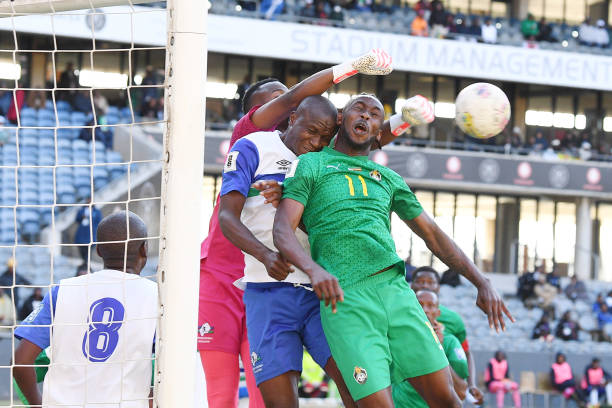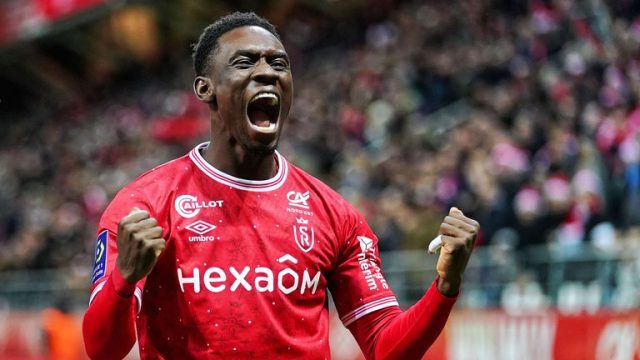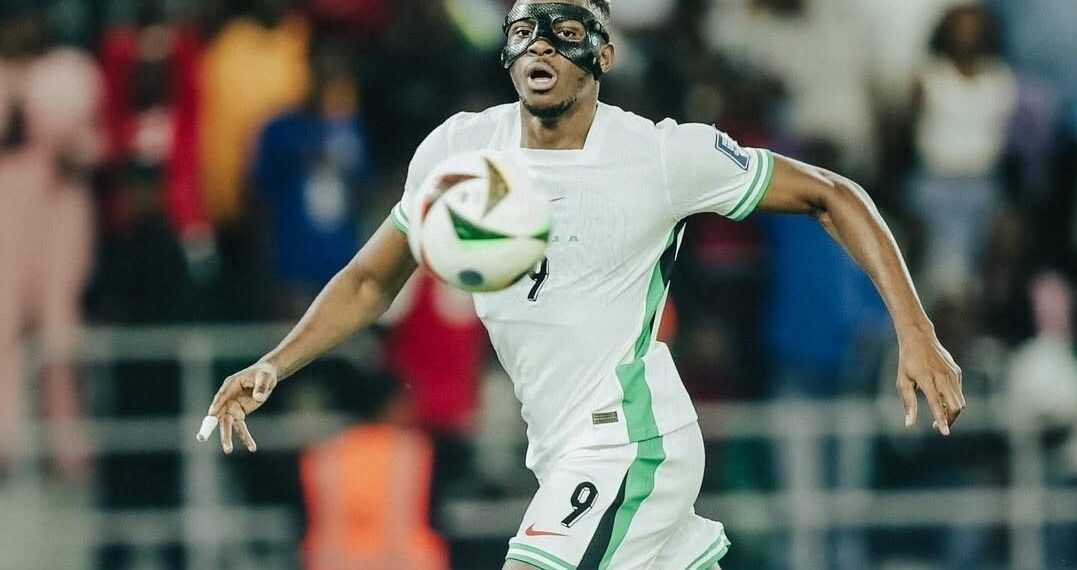Football remains a source of passion and unity across Africa—from bustling viewing centers in Lagos to vibrant crowds in Accra and Harare. So, when controversy strikes one of the continent’s top national teams, the ripple effects are keenly felt by fans everywhere. Zimbabwe’s Warriors, the country’s pride on the field, have been rocked with drama just as they gear up for the high-stakes 2026 FIFA World Cup qualifiers—a saga raising wider questions about discipline and professionalism in African football.
Resignation Sends Shockwaves Across African Football
Zimbabwe’s assistant coach Takesure Chiragwi has stepped down in dramatic fashion, following an alleged physical altercation during a recent football league match. This development comes at a crucial juncture, with the Warriors preparing to face tough opponents in World Cup qualifiers—a scenario that has caught the attention not only in Zimbabwe but in West Africa and across the football-loving continent.
The controversy unfolded on October 4 in Harare, where Ngezi Platinum Stars, coached by Chiragwi, faced Dynamos FC at the historic Rufaro Stadium. The match, already important for league standings, quickly turned chaotic, illustrating the high-pressure environment coaches and players often endure.
The Incident That Lit the Fuse
Tensions boiled over in the 34th minute of the match after Dynamos FC leveled the score at 1–1, courtesy of an unfortunate own goal by Brooklyn Katumba. According to match reports from local media, Chiragwi was visibly upset, reportedly convinced that the referee had overlooked a blatant foul prior to the goal. His protests led to a heated exchange with the officiating referee, Lawrence Zimhondi.
Zimhondi reacted to Chiragwi’s actions by issuing a red card for dissent—a decision that further escalated emotions both on and off the pitch.
As the tension carried through the remainder of the game, Ngezi Platinum Stars were reduced to just nine men, with two players sent off. The match ended in a 1–1 draw but left a trail of confusion, disciplinary questions, and mounting pressure on all involved.
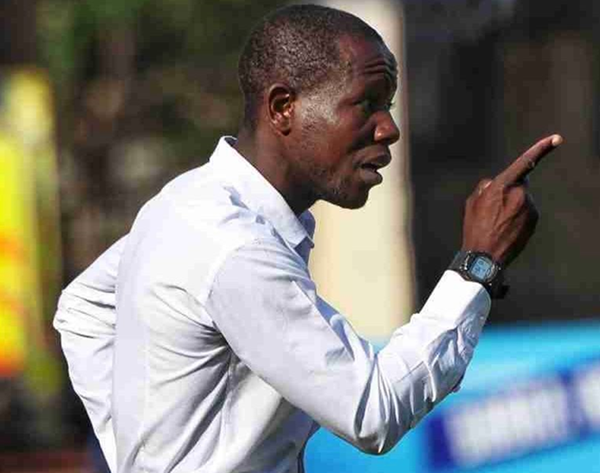
League and Federation Step In
In the aftermath, the Premier Soccer League (PSL) of Zimbabwe released a statement vowing to thoroughly investigate the incident, as did the Zimbabwe Football Association (ZIFA), the country’s top football governing body. Both authorities reiterated their commitment to ensuring discipline among coaches and players, as well as the need for professionalism on and off the field.
Chiragwi, for his part, issued a public apology the following day, according to PSL statements and several Zimbabwean sports platforms. He acknowledged that his actions were out of line, extending his remorse to the affected player (reportedly named Makuwe), his club, PSL, ZIFA, and the majority of supporters rooting for the Warriors.
“My actions were wholly inappropriate, and I take full responsibility,” he declared, as quoted by Zimbabwe’s national press. “I have let down my player, my club, and the national team.” In a further show of accountability, Chiragwi offered to step away from his role with the national team to avoid hindering ongoing investigations—a decision that has been met with both praise for integrity and concern over timing.
This development has sent shockwaves through Zimbabwe’s camp, as head coach Michael Nees now faces the monumental task of steering the squad forward in the absence of his trusted assistant, just as the team prepares for their vital qualifying fixtures.
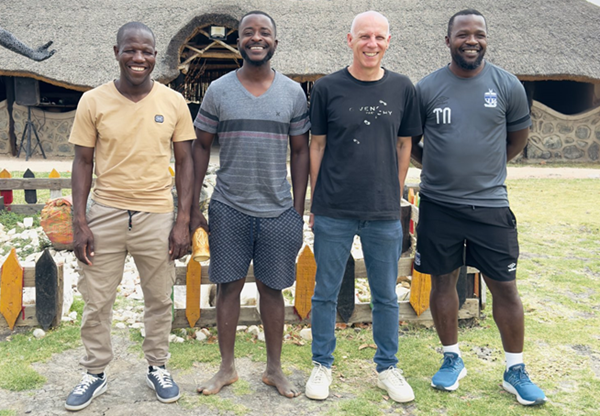
African Fans React: What Does This Mean for the Warriors?
Across the football community, from Harare to Abuja to Accra, conversations have centered around the impact of Chiragwi’s resignation. Local fans in Zimbabwe have voiced both disappointment and support, acknowledging the challenges coaches face in high-pressure environments but calling for higher standards of conduct.
- Nigerian Perspective: “It’s unfortunate, but it shows that African football is taking professionalism more seriously,” said Chinedu Onyekachi, a Lagos-based football blogger. “Nigeria has had its own share of sideline drama—so this is a reminder that our coaches must be role models at all times.”
- Ghanaian Take: Kojo Mensah, a football writer from Accra, noted, “Zimbabwe’s setback is a lesson for all West African teams. As our teams vie for World Cup slots, discipline and team unity cannot be overemphasized.”
Observers are also pointing to previous PSL disciplinary rulings, noting that violent conduct by club officials or players has sometimes led to significant suspensions and bans. While Chiragwi’s disciplinary action is still under review, some analysts expect that ZIFA and PSL could impose a lengthy suspension in line with past precedents.
Understanding the Rules: How African Leagues Enforce Discipline
The incident has reignited broader debates about football culture and sportsmanship. In many African leagues, match officials and governing bodies wield strong disciplinary powers to curb misconduct. For instance, a red card for dissent or physical altercation often triggers automatic suspension and a disciplinary hearing—a process familiar to Nigerian football fans following the Nigeria Professional Football League (NPFL) and to Ghanaians watching the Ghana Premier League.
According to a veteran Nigerian referee, Paul Ojo, “The rules are clear, but enforcement is key. It’s important that officials and coaches lead by example for the sake of the game’s reputation.” Consistent application of these rules, experts agree, will help uplift standards and attract more local and global attention to African football.
Comparing African Discipline Cases: Taking Lessons from the Past
Looking back, several African teams have faced discipline-related setbacks on the eve of important matches. The Nigerian national team had to manage internal suspensions in the run-up to the 2013 AFCON, and Egypt dealt with coaching staff changes before the 2018 World Cup. In both cases, team unity and the ability to withstand adversity became crucial. Zimbabwe’s current predicament thus serves as both a warning and an opportunity for other teams to tighten their codes of conduct before global tournaments.
Bigger Questions for African Football
Chiragwi’s resignation comes amid calls by fans, analysts, and administrators for improved training, psychological support, and clearer communication protocols for match officials and coaches. As African football grows in stature—drawing attention from scouts abroad and aspiring to host more major competitions—the need for higher standards becomes ever more urgent. ZIFA has pledged to “review all surrounding circumstances and take appropriate action,” according to an official spokesperson.
What’s Next for the Warriors—and for African Football?
With the Warriors’ first-round clash against Bafana Bafana (South Africa’s national team) fast approaching, all eyes are on interim arrangements and whether Zimbabwe can rally together amid these disruptions. Experienced observers stress the need for unity, focus, and exemplary leadership on Zimbabwe’s technical bench—a sentiment echoed by fans and stakeholders across West Africa, where national pride and international ambition run high.
As African teams inch closer to the 2026 FIFA World Cup, this episode stands out as a test of maturity, discipline, and crisis management, not just for Zimbabwe but for the continent’s football at large. The hope among many supporters is that lessons will be learned, standards raised, and future controversies averted both on and off the pitch.
Your Turn: How Should African Football Handle Discipline?
Do you think African football—especially in Nigeria, Ghana, and Zimbabwe—needs stiffer penalties for misconduct, or does the pressure on coaches make leniency necessary? What steps can leagues and federations take to support coaches under pressure while maintaining professionalism? Share your opinions below!
We want to hear from YOU! Have a hot football take, an inside scoop, or a local sports story that deserves the spotlight? Share your thoughts in the comments below and keep the conversation going. If you have a story to tell or want your report featured, email us at story@nowahalazone.com—you could see your story published!
Stay updated with all the latest sports and breaking news by following us on Facebook, X (Twitter), and Instagram. For general support or story tips, contact support@nowahalazone.com.
Join the conversation—your views matter in shaping African football!

